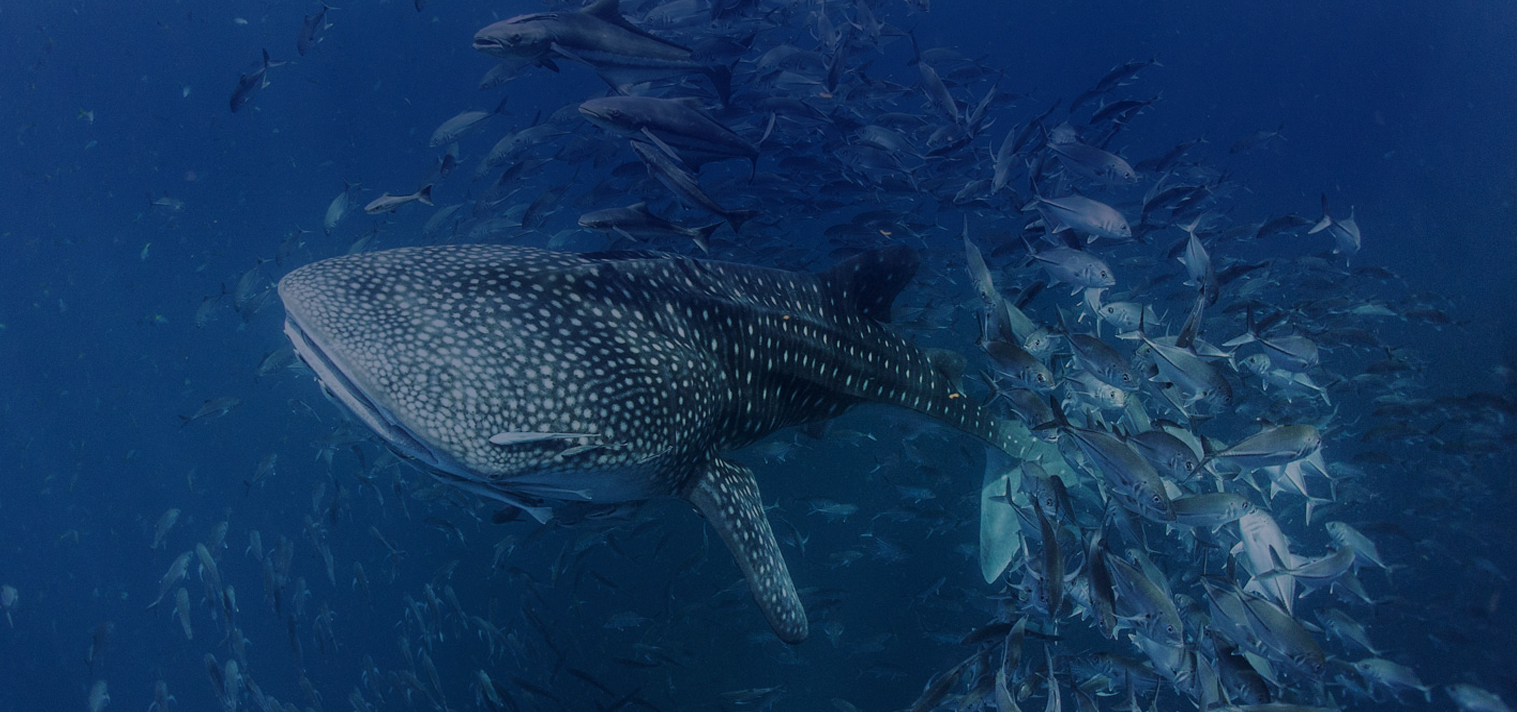The IOCARIBE ANCA Network held a regional workshop to strengthen national capacities in the use of the HAEDAT database, the global platform that records harmful algal bloom (HAB) events. The session provided a practical demonstration on how to enter, edit, and retrieve information, while highlighting the importance of improving the quality and consistency of data reported across the region.

2 December 2025
The IOCARIBE Regional ANCA Network hosted a virtual workshop dedicated to the practical use of the HAEDAT database, aiming to support Caribbean countries in the standardized reporting of harmful algal bloom events. The activity brought together national experts who learned about the platform’s key functions, its role within the global HAB information system, and the steps involved in submitting complete and accurate reports.
During the session, participants were guided through the essential components of HAEDAT and engaged in hands-on exercises to practice entering events, understanding mandatory fields, and reviewing data download and verification processes. The workshop also encouraged discussion on regional challenges, including the need for georeferenced information and complete environmental descriptions for each event.
The training emphasized the importance of strong inter-institutional coordination within each country to avoid duplicate entries and ensure continuity in annual reporting. Participants also reviewed recommendations to strengthen the role of national focal points and contribute to a more robust database that supports regional assessments and aligns with the upcoming relaunch of the platform.
IOCARIBE and the ANCA Network will continue working closely with Member States during 2026 to review active users, update access credentials, and support capacity development. This workshop represents an important step toward building a more prepared regional community with stronger tools for understanding and managing HAB events in the Caribbean.
By Alex Palomino
CURRENT NEWS ITEMS
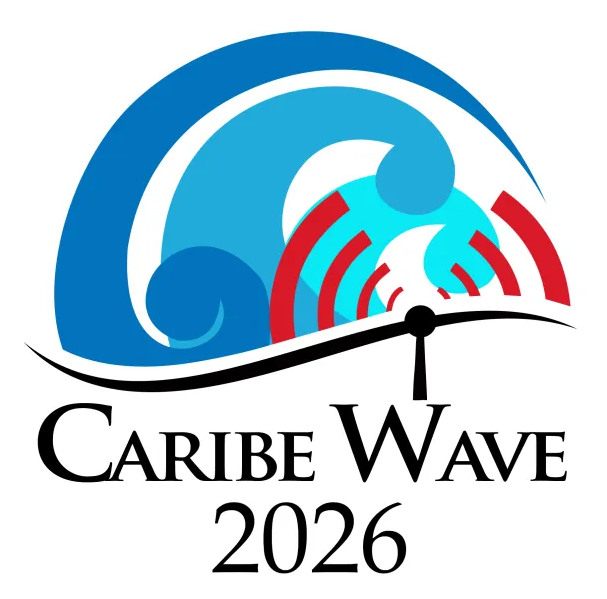
13 January 2026
The Intergovernmental Oceanographic Commission of UNESCO (UNESCO-IOC), through the Intergovernmental Coordination Group for the Tsunami and Other Coastal Hazards…

22 December 2025
On 14 July 2025, partners from the…

2 December 2025
The IOCARIBE Regional ANCA Network hosted a virtual workshop dedicated to the practical use of the HAEDAT database, aiming to support…

2 December 2025
UNESCO–IOC announces the call for a Junior Marine Spatial Planning (MSP) Consultant under the PROCARIBE+ project, working closely with…
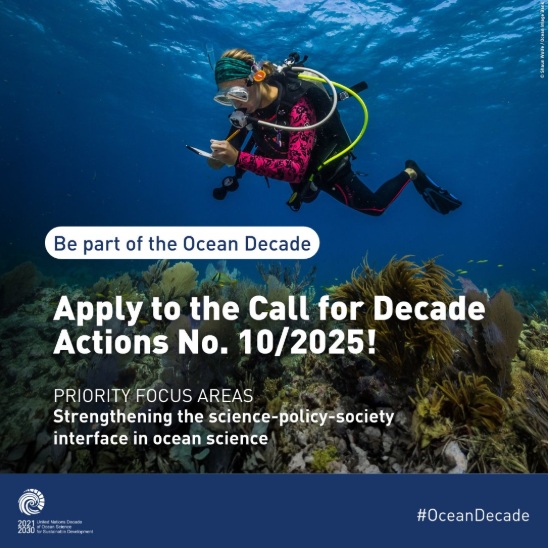
24 November 2025
The Ocean Decade Secretariat has launched Call for Decade Actions No. 10/2025, focused on promoting initiatives that strengthen the connection between science, public…
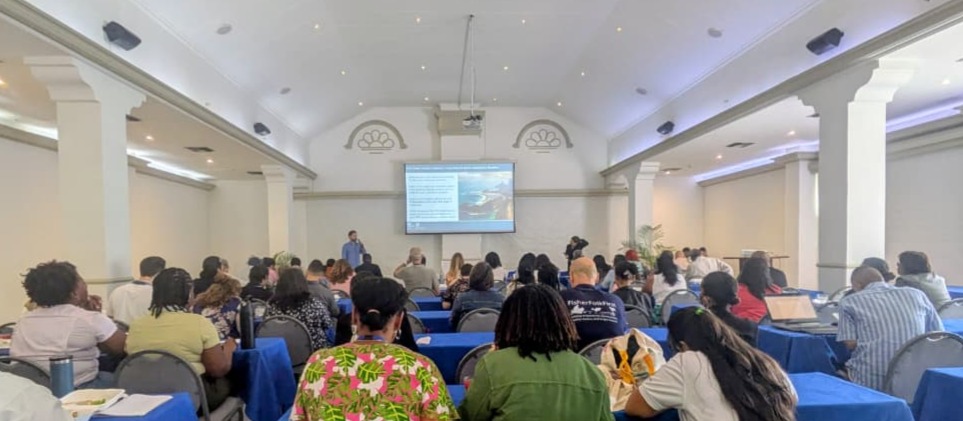
29 October 2025
In parallel, the First Joint Workshop of the Ocean Coordination Mechanism Working Groups took place under the GEF/UNDP/UNOPS PROCARIBE+ Project…
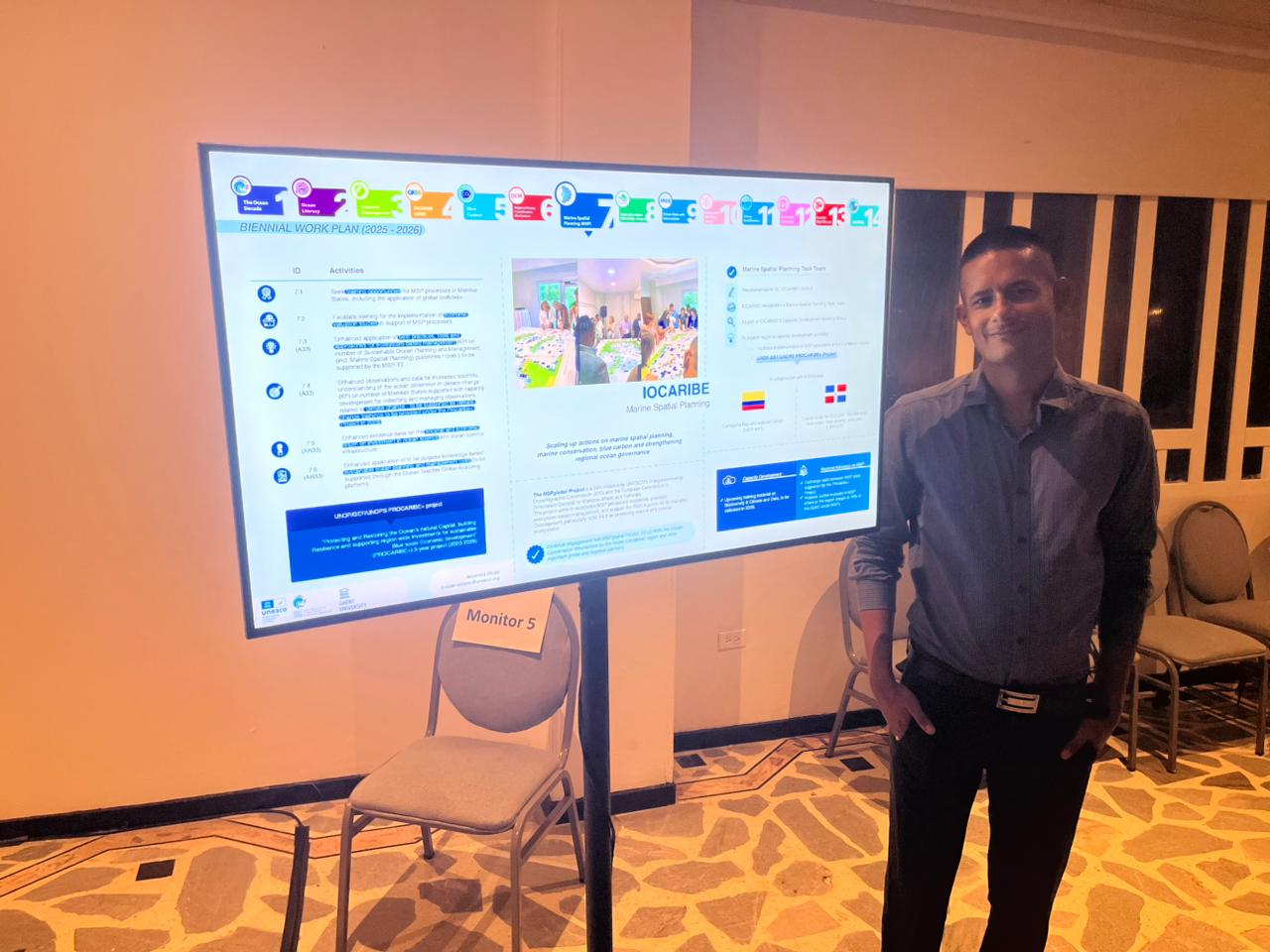
28 October 2025
A cornerstone of this work is the UNDP/GEF/UNOPS ProCaribe+ Project, which promotes ocean protection, resilience, and blue economic growth. Through a UN-to-UN agreement between…
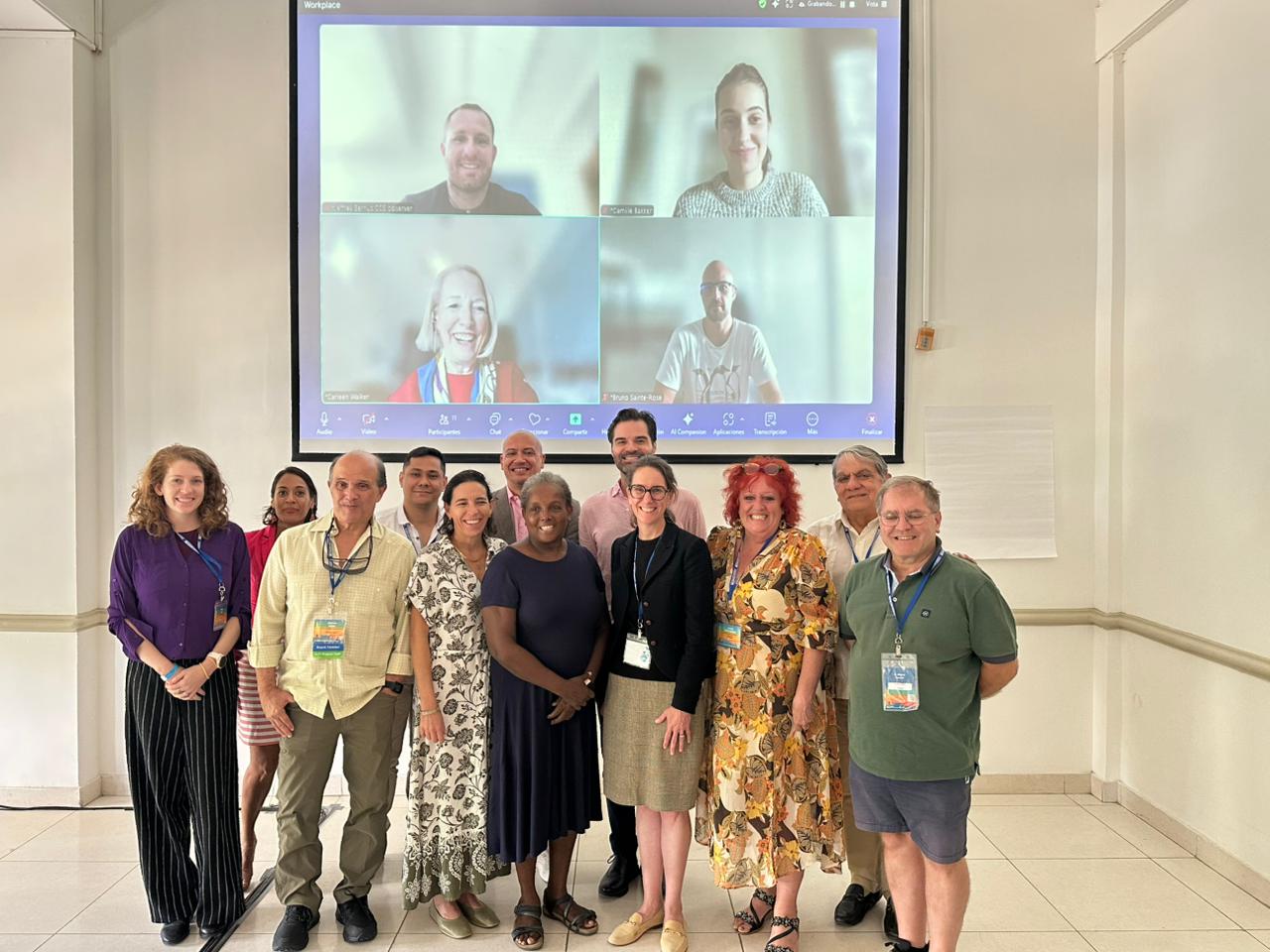
28 October 2025
The morning featured a meeting of the Tropical Americas and Caribbean (TAC) Ocean Decade Task Force, which gathered regional partners to define next steps for…
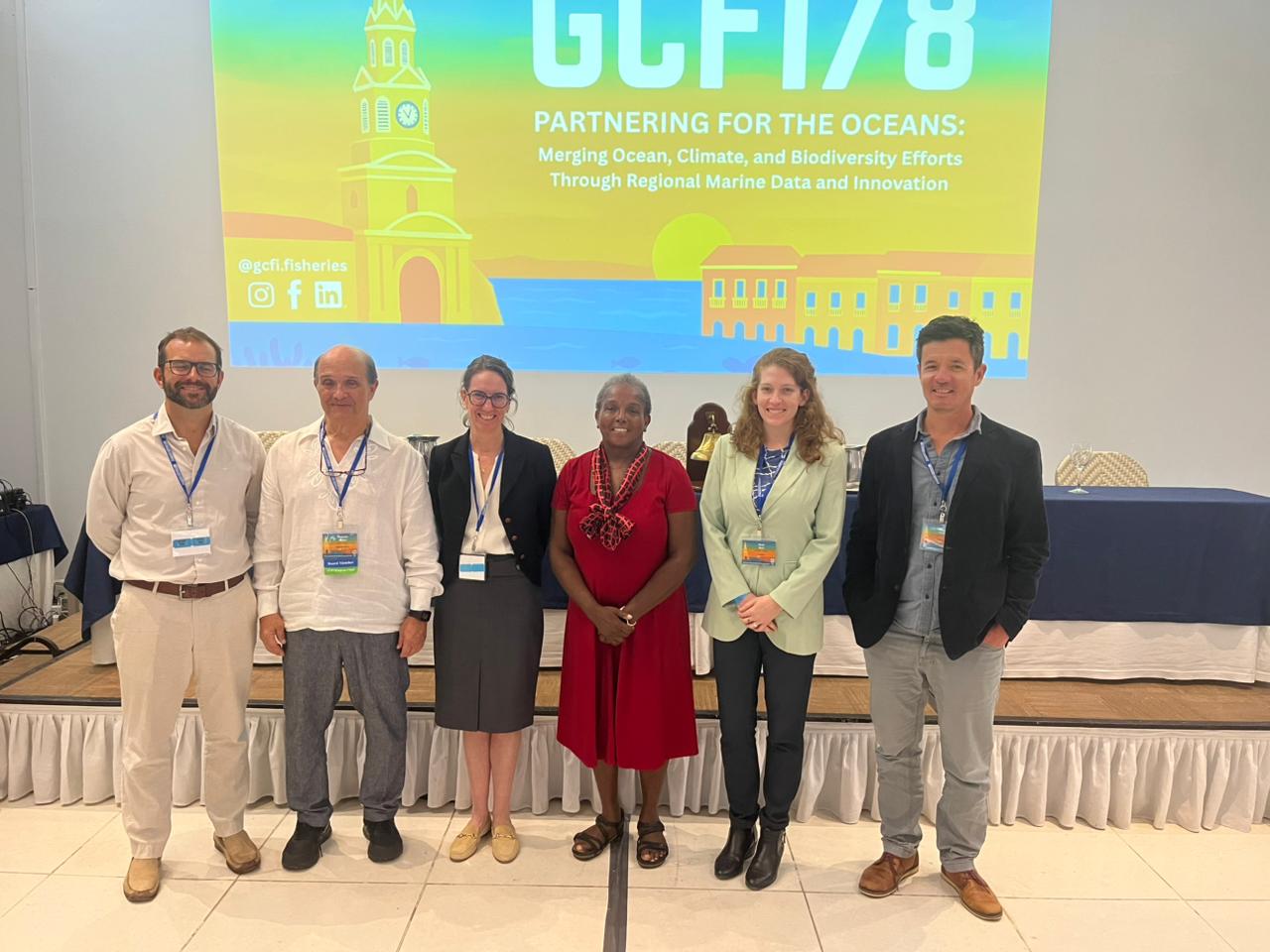
27 October 2025




